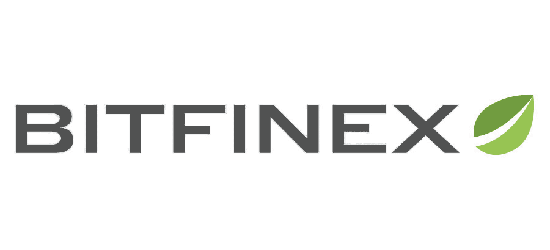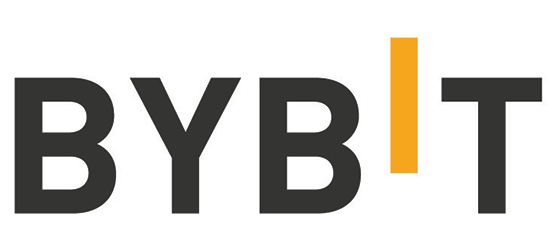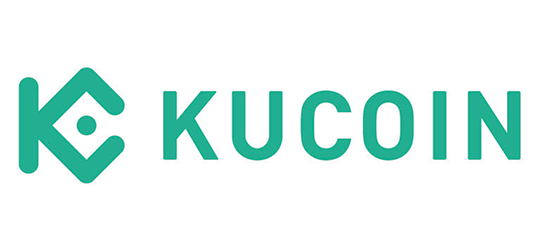Ethereum recorded lowest gas prices since 2016
On the final day of June, the Ethereum network experienced its lowest transaction fees since 2016. Reports from Etherscan indicate that the average transaction cost, or "gas fee," has dropped to a mere $0.14, as confirmed by statistics from Dune Analytics.
Gas fees on the Ethereum blockchain serve as the price for conducting operations, from simple transactions to complex contract executions. These fees not only motivate validators but also play a crucial role in safeguarding the network against spam and other malicious activities.
The soaring prices during 2021's cryptocurrency boom, particularly within the NFT space, led to sky-high Ethereum gas fees. This spurred discussions among experts about the sustainability of the network, prompting the exploration of more cost-effective blockchain alternatives like Solana.
Currently, Ethereum is witnessing remarkably low gas fees even though it maintains robust transaction volumes. The network's activity levels are akin to those observed at the start of the year, showcasing the enduring popularity of Ethereum.
The decrease in transaction fees can be attributed to enhanced efficiency in the Layer-1 market. This improvement stems from a combination of increased Layer-2 transactions and the deployment of "blob transactions" through EIP-4844, significantly augmenting Ethereum's scalability.
The significant downturn in fees has shifted Ethereum from a deflationary to a mildly inflationary network, as the reduced fees lead to a minimal amount of ETH being burned.
Recent data from ultrasound.money indicate that an additional 14,393 ETH has joined the network's circulating supply over the last week, suggesting an annual supply growth rate of 0.62%.
With Ethereum's total supply currently at 120,185,061 ETH, projections suggest a continued increase, potentially reaching a new high by 2024.

















